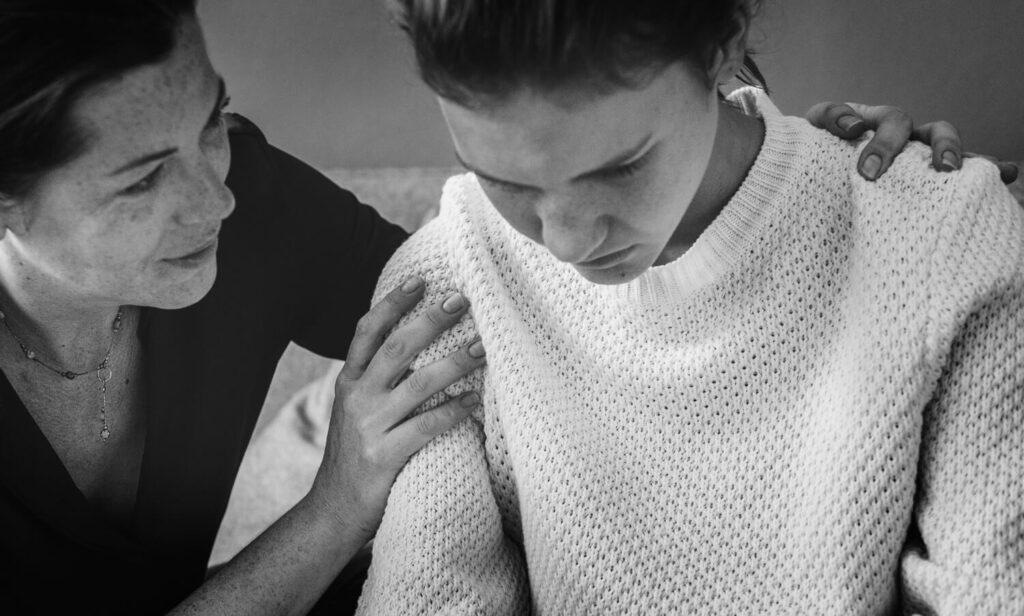Table of Contents
ToggleUnveiling the Silent Struggles: A Comprehensive Guide

In today’s fast-paced world, it’s essential to recognize the hidden battles that many individuals face. One such battle is post-traumatic stress disorder (PTSD). In this article, we’ll delve into the intricacies of PTSD, shedding light on its causes, symptoms, treatments, and how to support those affected. Join us on this journey as we explore the world of PTSD.
Introduction to Post traumatic stress disorder

Post-traumatic stress disorder, often abbreviated as PTSD, is a mental health condition that can develop in individuals who have experienced a traumatic event. It is vital to understand that PTSD can affect anyone, regardless of age, gender, or background. Let’s take a closer look at this condition and its various aspects.
What Is Post traumatic stress disorder PTSD?
Definition of Post traumatic stress disorder
Post-traumatic stress disorder is a psychological condition that may manifest in individuals who have encountered or borne witness to a distressing event. These events can range from natural disasters and accidents to acts of violence or warfare. PTSD is characterized by a range of distressing symptoms that persist long after the traumatic event has ended.
Key Symptoms of Post traumatic stress disorder
Recognizing the Telltale Signs
PTSD manifests in various ways, and its symptoms can be debilitating. It’s essential to be aware of these signs to provide timely support to those in need. Common symptoms include:
Flashbacks:
Individuals with PTSD may relive the traumatic event through vivid and distressing memories.
Nightmares:
Recurring nightmares related to the trauma can disrupt sleep and cause extreme distress.
Avoidance:
People with PTSD often go to great lengths to avoid situations, places, or people that remind them of the traumatic event.
Hyperarousal:
This includes symptoms like irritability, difficulty concentrating, and being easily startled.
Negative Changes in Mood and Cognition:
Individuals with PTSD may experience persistent negative thoughts and emotions, such as guilt, shame, or fear.
Causes of Post traumatic stress disorder

Exploring the Catalysts of Post Traumatic Stress Disorder
Understanding the root causes of PTSD is crucial to addressing the condition effectively. While PTSD can be triggered by various traumatic events, some common causes include:
Combat Exposure:
Military personnel often face traumatic experiences during their service, leading to combat-related PTSD.
Natural Disasters:
Surviving earthquakes, hurricanes, or other natural disasters can result in PTSD.
Violent Assault:
Victims of physical or sexual assault are at risk of developing PTSD.
Accidents:
Being involved in a severe accident can lead to traumatic stress.
Seeking Help and Treatment

Charting the Path to Healing from Post-Traumatic Stress Disorder
It’s essential to emphasize that PTSD is a treatable condition, and help is available. Seeking professional assistance is a critical step toward recovery. Treatment options include:
Therapy:
Various therapeutic approaches, such as cognitive-behavioral therapy (CBT) and exposure therapy, have proven effective in treating PTSD.
Medications:
In some cases, medications like antidepressants may be prescribed to alleviate symptoms.
Support Groups:
Joining support groups can provide a sense of community and understanding among those with similar experiences.
Supporting a Loved One with PTSD

Being a Beacon of Hope
If someone you care about is struggling with PTSD, your support can make a significant difference in their recovery journey. Below are several approaches to provide support in such situations:
Listen Actively:
Encourage open conversations and be a compassionate listener.
Avoid Judgment:
Understand that their experiences are real, and refrain from passing judgment.
Offer Assistance:
Assist with finding professional help or attending therapy sessions.
Conclusion

In conclusion, post-traumatic stress disorder is a challenging condition that affects millions of people worldwide. By understanding its causes, symptoms, and available treatments, we can collectively work towards creating a more supportive environment for those grappling with PTSD.
Frequently Asked Questions (FAQs)

Q: What are the common triggers for PTSD?
PTSD can be triggered by various events, including combat exposure, natural disasters, violent assault, and accidents.
Q: Is PTSD treatable?
Yes, PTSD is a treatable condition. Therapy, medications, and support groups can help individuals on their road to recovery.
Q: How can I support a loved one with PTSD?
Supporting a loved one with PTSD involves active listening, avoiding judgment, and offering assistance in seeking professional help.
Q: Can children develop PTSD?
Yes, young individuals can develop PTSD as a result of traumatic experiences. It is crucial to ensure they receive suitable assistance and therapeutic intervention.
Q: Where can I find more information about PTSD?
You can find additional resources and information about PTSD by visiting to our Qazi psychiatric clinic. Book your appointment today:




